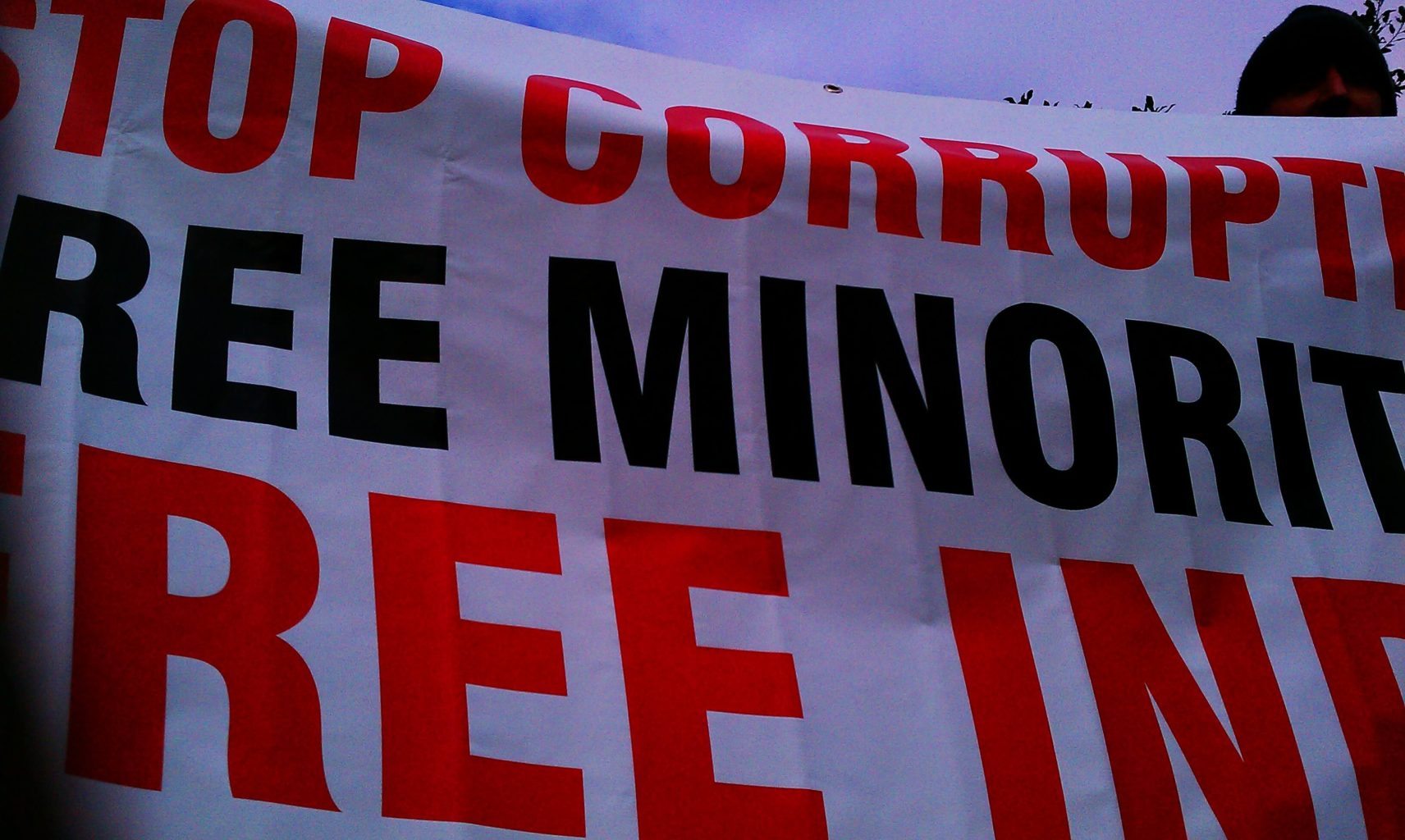Global Student Stories: New Zealand, India and the USA
This week’s Global Student Stories come from India, New Zealand and the USA, covering student protests, the reopening of a university following a student death, and measures to get more students to enter higher education.
India looks to MOOCs to increase university enrolment
Coursera, one of the world’s biggest online course providers, is specifically targeting India with its courses as the country aims to expand the number of students entering higher education.
Only about 12 percent of India’s young people currently secure university places, with the government pledging to increase this to 30 percent by 2030.
The pledge has been deemed near impossible if it means physically building more universities, as a couple of thousand universities would need to be built and established within 14 years.
This is where Coursera comes in.
The company, based in California, currently has 17 million registered students and free online courses from 140 universities, and is a pioneer of massive open online courses (MOOCs).
The UK’s distance learning university, the Open University, has also expressed interest in expanding to India.
Universities face fall in enrollments in New Zealand
Repeated falls in university enrollment has prompted New Zealand’s government to invest more in its universities.
New Zealand’s university ministry has predicted that degree and postgraduate enrolments by domestic students will fall every year until at least 2019.
This would reduce enrolments by 10,000 full-time students or 7% on 2015 numbers, and cut millions of dollars a year in government funding and fees from the tertiary sector.
The shift has been attributed to there being fewer school-leavers and less unemployment.
The president of the Tertiary Education Union, Sandra Grey, has expressed concern that the situation lead to course cuts and possibly to some universities narrowing the number of courses they offer.
This could lead to particular institutions specialising in particular courses.
To calm such fears, the government has pledged to reinvest and drew attention to its subsidising of certain science and engineering courses, as well as increases in research funds.
India’s Hyderabad Central University reopens following protests over Dalit student death
The university located in south India has reopened after protests over a Dalit student death forced it to shut.
Rohith Vemula, a PhD stident, killed himself inside the campus of Hyderabad Central University last month.
Vemula was one of five Dalit students, foremerly reffered to as untouchables, who were protesting against their expulsion from the university’s housing facility.
Vemula’s friends have blamed top officials of the university and a federal minister for his death.
The university has now revoked the suspension of the four other Dalit students following the uproar and protests over Vemula’s death.
Meningitis found in two students from USA’s Santa Clara university
A letter distributed amongst the campus on Tuesday from the university’s Vice Provost, Jeanne Rosenberger saying tests confirmed two undergraduates were hospitalised due to meningococcal meningitis.
According to Rosenberger the illness stemmed from the bacteria Neisseria meningitides.
A separate letter sent by the Santa Clara Public Health Department said a second undergraduate had also been admitted to a hospital with the infection.
The department is working with University officials to identify any other students who had contact with those hospitalised with the infection.
Vaccines for meningococcal meningitis B will be made available for students on Thursday 4 February and Friday 5 February according to Rosenberger.



Comments